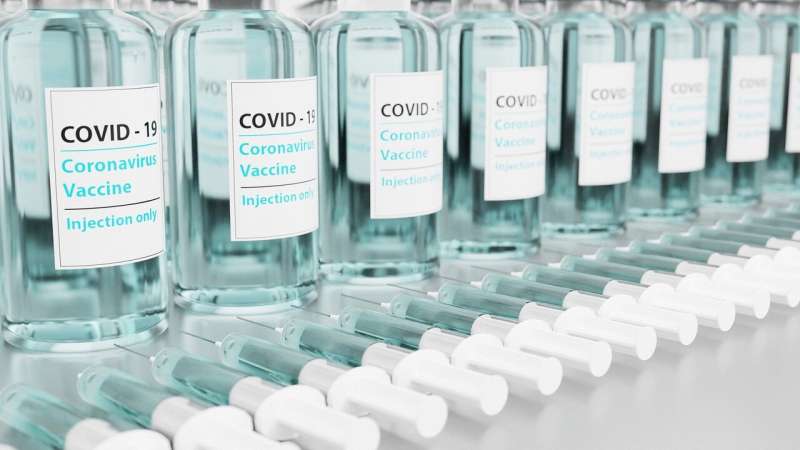Credit: Pixabay/CC0 Public Domain
Authors from the National Institutes of Health (NIH) and colleagues suggest ways in which we could learn by continuing to follow vaccine trial participants who originally received placebo. They mathematically demonstrate that long-term placebo-controlled vaccine efficacy can be estimated even after the placebo group has been vaccinated. While less precise than estimates from a standard trial where the placebo group remains unvaccinated, this proposed approach permits assessment of the durability of vaccine efficacy and whether the vaccine eventually becomes harmful to some.
A report is published today in Annals of Internal Medicine.
The authors explain that deferred vaccination, if done open-label, may lead to riskier behavior in the unblinded original vaccine group, confounding estimates of long-term vaccine efficacy. Hence, deferred vaccination via blinded crossover, where the vaccine group receives placebo and vice versa, is the preferred way to assess vaccine durability and potential delayed harm. Deferred vaccination allows placebo recipients timely access to the vaccine when it would no longer be proper to maintain them on placebo, yet still allows important insights about immunologic and clinical effectiveness over time.
More information: Dean Follmann et al. A Deferred-Vaccination Design to Assess Durability of COVID-19 Vaccine Effect After the Placebo Group Is Vaccinated, Annals of Internal Medicine (2021). DOI: 10.7326/M20-8149
Journal information: Annals of Internal Medicine
Provided by American College of Physicians
























